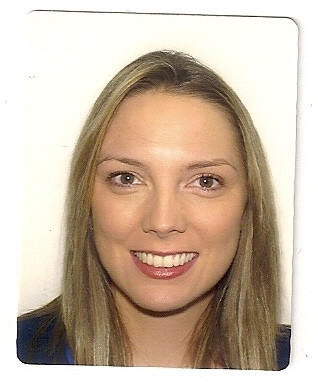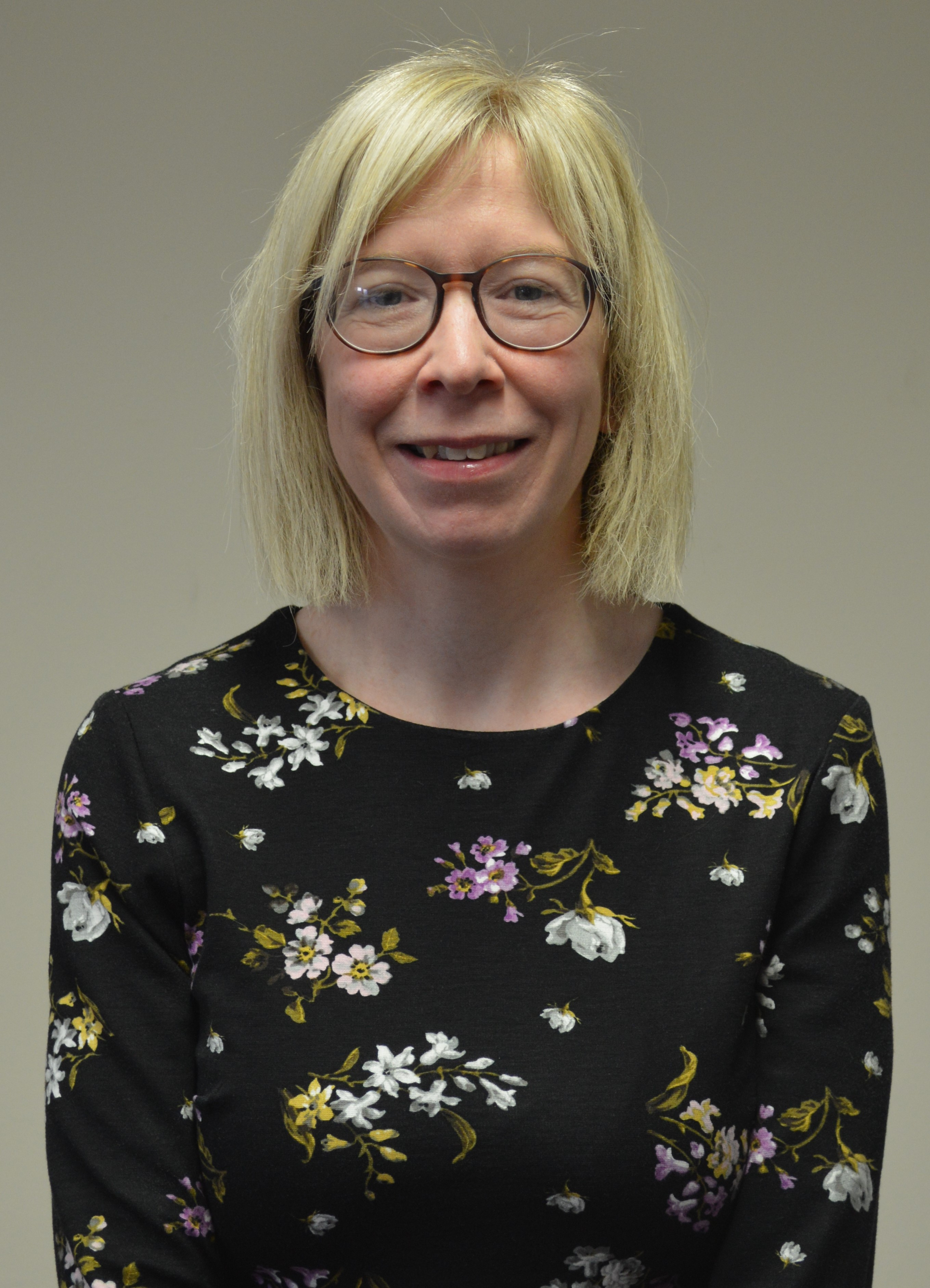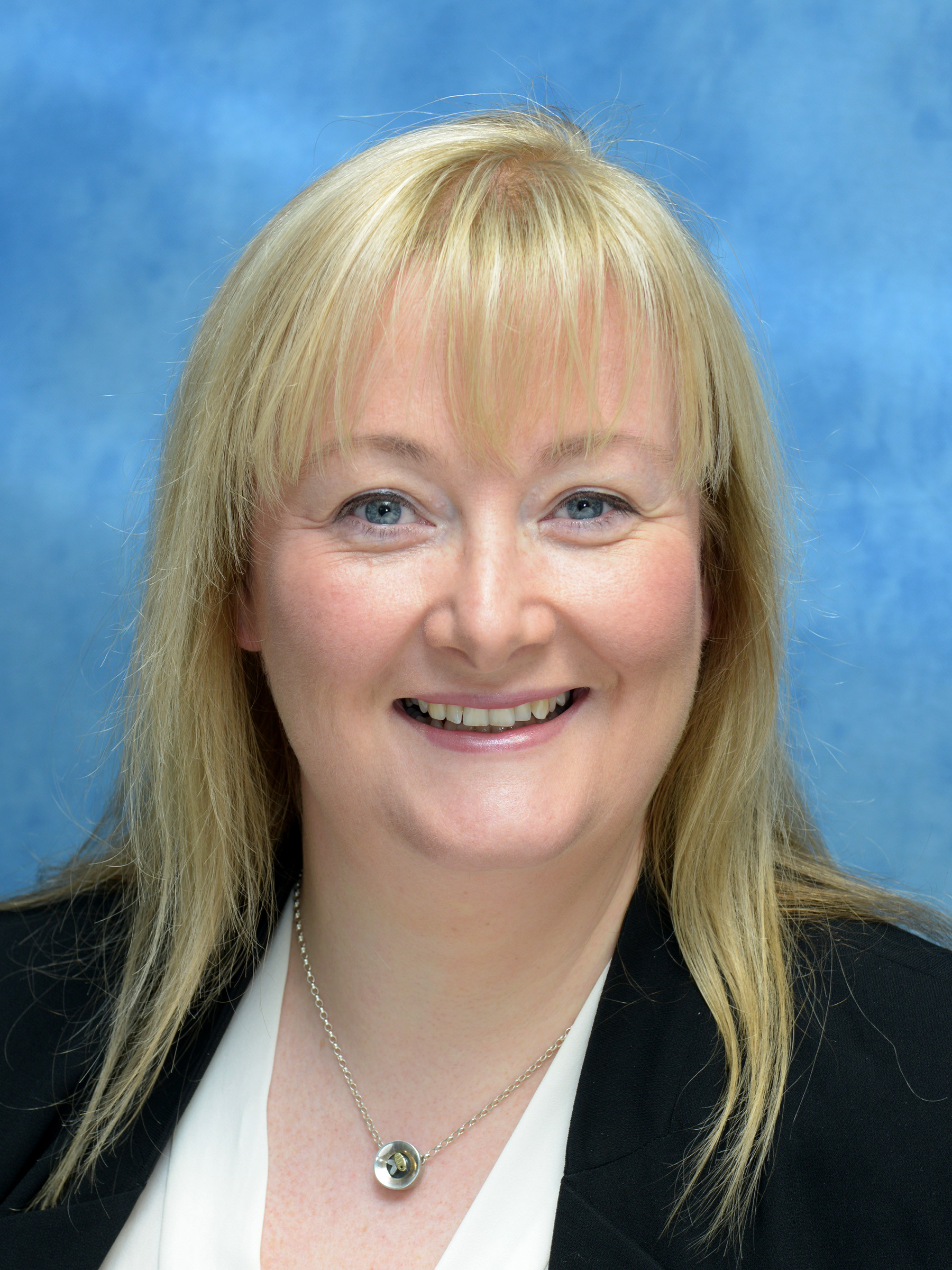Package summary
6 Courses spread out over 4 months.
Notes
Courses in package
Learning Styles and Visual Strategies
Event summary
Date
Start Time
End Time
Danu Training Parslickstown House Base Enterprise Centre, Dublin, Dublin
Booking closes
Autism, Learning Styles and Visual Strategies
Visual strategies are widely used when working and living with children and young people with autism as they complement the learning style of many with autism; can be introduced alongside other intervention strategies and are adaptable, portable and can be used in most situations.
The use of visual strategies can have a notable impact on how a child with autism experiences family, community and school life, as they help to clarify expectations and make abstract concepts more concrete. Visual strategies support children as they develop effective communication, appropriate social interaction, and positive behaviour skills, as well as accessing the curriculum. This session will cover why visual teaching methods work. Parents will become more familiar with how their input will reflect a sound evidence base and be more able to adapt the home environment and individualised tasks to meet the needs of the child, in order, to enhance learning, play or leisure skills and social interactions.
Notes
Location
Danu Training Parslickstown House Base Enterprise Centre
Get Directions
Sarah Devlin
Transitions (Home to School)
Event summary
Date
Start Time
End Time
Danu Training Parslickstown House Base Enterprise Centre, Dublin, Dublin
Booking closes
Autism and Transitions
Transitions refers to the movement of one area of life to another. Within education, this can include transitions to school and beyond and are significantly important stages in a child’s life. However, for a young person with autism day to day transitions are also significant as they can involve changes and disruption to routines, increase stress and anxiety and create unpredictability in the day. These transitions may include, moving between activities at home/school, transitioning to and from school, staff changes, changes to home-based routines and so forth. This session will address the importance of preparation and visual communication when preparing a young person with autism for transitions. Strategies to support your child will be provided with a key focus on addressing the transitions between the home and school environment.
Notes
Location
Danu Training Parslickstown House Base Enterprise Centre
Get Directions
Sarah Devlin
Sensory Processing
Event summary
Date
Start Time
End Time
Danu Training Parslickstown House Base Enterprise Centre, Dublin, Dublin
Booking closes
Autism and Sensory Processing
Sensory processing refers to the ability of an individual to register, interpret and respond to sensory information. This is a complex process involving all the sensory systems (auditory, gustatory, visual, olfactory, tactile, proprioceptive, vestibular and interoception). When sensory processing is working well, an individual can engage in daily functional activities and social interaction. Sensory processing differences are prevalent in children with autism and can affect every aspect of life and development. This session examines the sensory processing differences frequently associated with autism and will demonstrate how such differences impact on learning, play, social interactions and behaviour for the child or young person.
Notes
Location
Danu Training Parslickstown House Base Enterprise Centre
Get Directions
Jill McCanney
Social Communication
Event summary
Date
Start Time
End Time
Danu Training Parslickstown House Base Enterprise Centre, Dublin, Dublin
Booking closes
Autism and Social Communication
For individuals who have autism and learning difficulties, the difficulties relating to communication can often be magnified. Many children and young people with autism have significant difficulties with speaking, language and communication. This session will examine why students with autism experience difficulty not only with communication but also the motivation to communicate thus impinging on them becoming socially active partners. Understanding communication is as difficult as using language to express needs, wants or offer commentary. Students with autism are more likely to be successful communicators in environments that are designed to encourage and support their efforts. In order for the student to initiate effective communication, two conditions should be met.
1. The student must see a reason to communicate (Why).
This is encouraged by the use of motivating materials/activities and by creating situations in which he or she must communicate to make something happen.
2. The student must have a means to communicate (How).
The student may need to be taught the communicative behaviour needed, and visual supports for such communication will need to be available.
Notes
Location
Danu Training Parslickstown House Base Enterprise Centre
Get Directions
Carolyn Frazer
Wellbeing and the Promotion of Positive Behaviour
Event summary
Date
Start Time
End Time
Danu Training Parslickstown House Base Enterprise Centre, Dublin, Dublin
Booking closes
Autism, Positive Behaviour and Wellbeing
Children with autism can experience elevated levels of anxiety and stress often resulting in distressed and inappropriate behaviours which impacts negatively on wellbeing. Responding effectively to behaviour remains a concern for parents and professionals living and working with children with autism. Early intervention and planning are important to ensure that parents and family members, as well as the child with autism, have an array of proactive strategies to defuse rather than escalate a demanding situation, and to improve overall wellbeing. This session will examine how an understanding of autism can influence interactions and thus the behaviour of children and challenge the term, “Challenging Behaviour”.
Notes
Location
Danu Training Parslickstown House Base Enterprise Centre
Get Directions
Sarah Devlin
Life Skills
Event summary
Date
Start Time
End Time
Danu Training Parslickstown House Base Enterprise Centre, Dublin, Dublin
Booking closes
Autism and Life Skills
Life skills are regarded as independent living skills or daily living skills and encompass work, leisure and personal care. They are the functional skills which, if not mastered by the child or young person, will need to be done for them. This event will consider how the core difficulties associated with autism may directly affect the development of life skills and provide an increased understanding of the opportunities available to improve and develop life skills within the home and community environment. Parents will learn and develop methods to assess and teach life skills in the family environment in order to be able to facilitate their child to achieve greater independence in relevant daily activities such as play, work tasks, personal hygiene, toileting and organisational skills.
Notes
Location
Danu Training Parslickstown House Base Enterprise Centre
Get Directions
